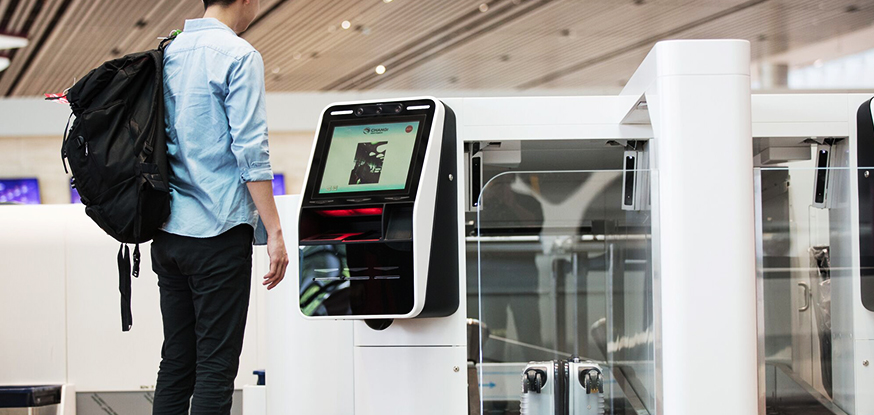Singapore the city-state regarded as one of the world's leadings hubs for technological innovation has commenced trials of iris-scanning technology at its border checkpoints. Singapore's immigration authority officially confirmed the trialing of the expensive technology had begun and claimed that it could one day replace fingerprint verification.
This ambitious program is just the latest in a series of high-tech initiatives being embarked upon by Singaporean authorities. However, some of the programs have sparked privacy concerns amongst rights advocates. However, the program has been defended by officials who insist that it is imperative that it improves its security efficiency as the threat of militancy in the region is ratcheted up.
Iris-scanning technology has been implemented in countries such as the UK and the United States, but has had varying degrees of success. It is expensive to integrate the technology into security systems and in some cases can cost five times more than existing fingerprint systems.
"The trials will help us in our consideration of whether and how we should implement such technology at our checkpoints," the Immigration & Checkpoints Authority (ICA) said in an emailed statement.
It has been disclosed that the iris-scanning technology will be implemented at two checkpoints on its northern border with Malaysia and one at a ferry terminal running services to nearby Indonesian islands. The ICA has been collecting iris images from Singaporean citizens and permanent residents when they apply for identity cards or a passport since January last year.
Singapore's Changi Airport has also announced that it is considering using facial recognition systems to find late passengers and the country also plans to use facial recognition capabilities in a project to fit cameras and sensors on over 100,000 lampposts.
Singapore's government says these measures are pragmatic ways to improve people's lives and safety and has pledged to be sensitive to privacy.

